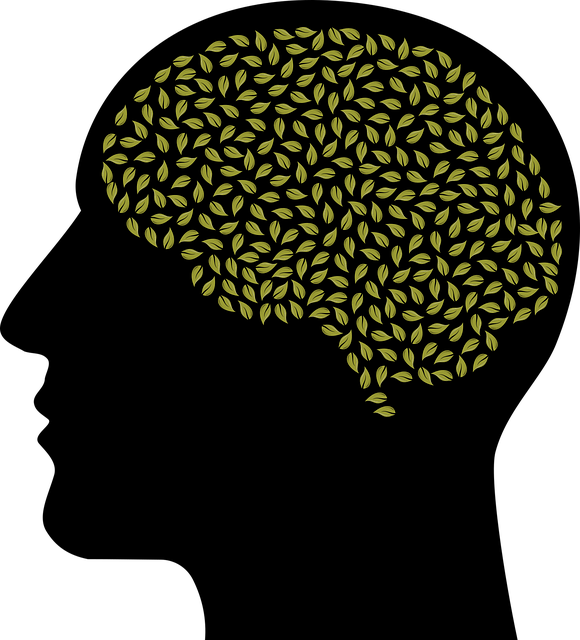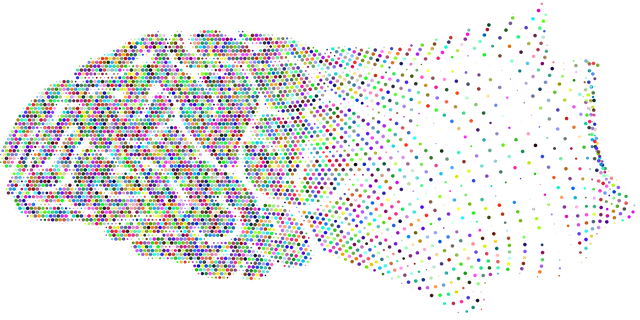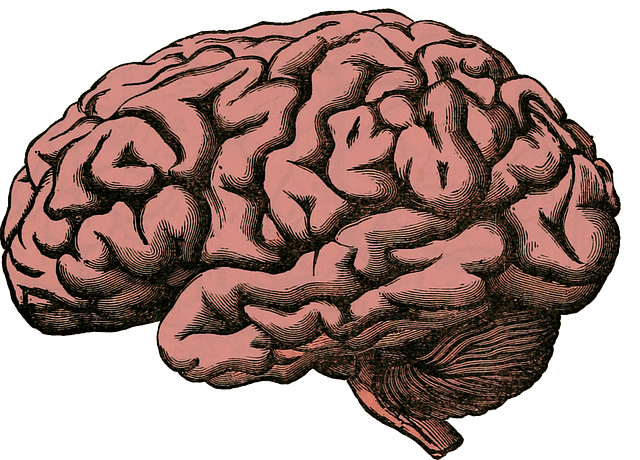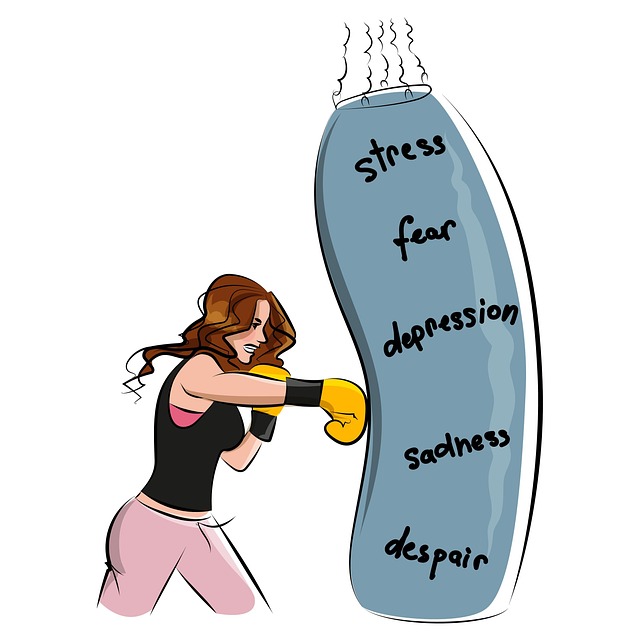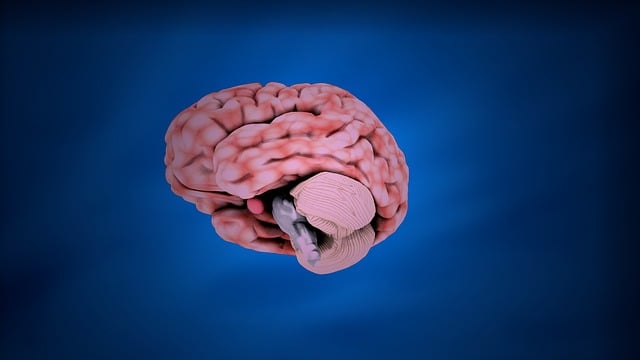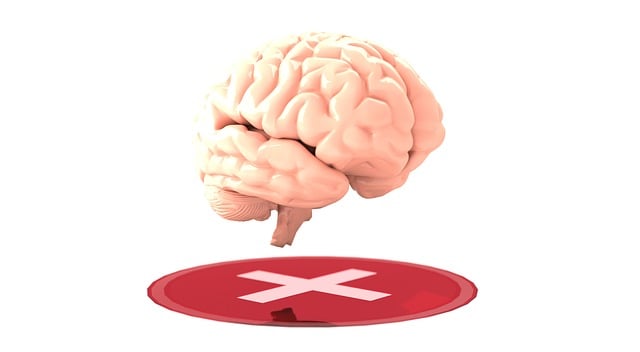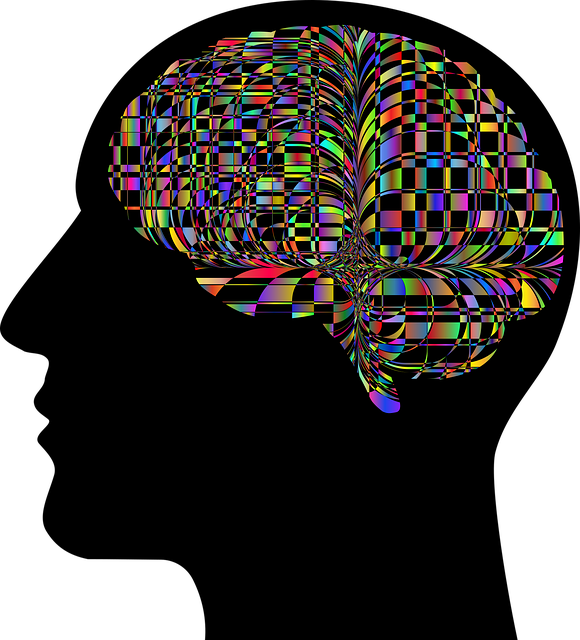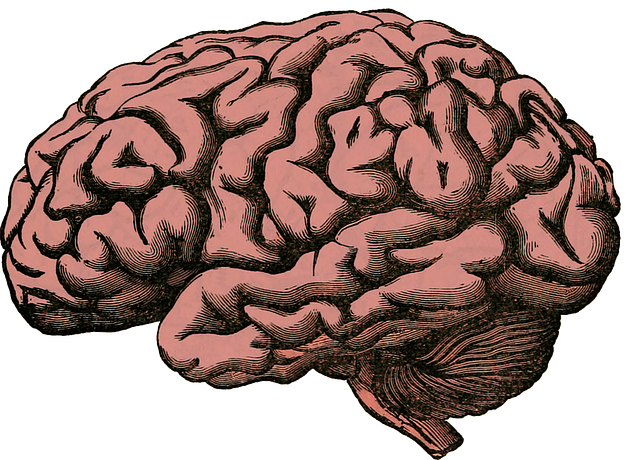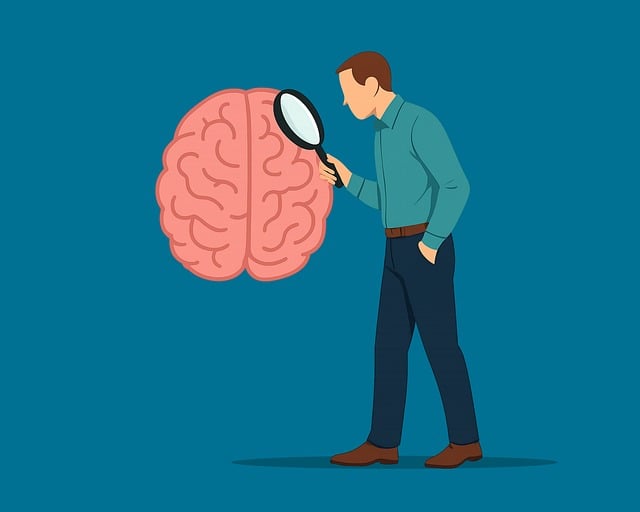Adolescent mental health faces unique challenges such as academic pressure, social media influence, and peer dynamics leading to issues like anxiety, depression, and substance abuse. Effective therapy involves tailored support, including American Sign Language (ASL) for deaf or hard-of-hearing teens, trauma services, and cultural competency training for healthcare providers. ASL transforms therapy by creating accessible and inclusive environments, promoting holistic well-being through public awareness campaigns. Comprehensive self-assessment tools for mental wellness integrate ASL to cater to diverse cultural contexts, fostering emotional connections and meaningful insights for therapists. Strategic journaling exercises, ASL sessions, and interactive workshops with mindfulness and art therapy empower teens to develop inner strength and proactive mental wellness.
Mental wellness self-assessment tools play a pivotal role in addressing the unique challenges faced by adolescent teens. This article explores the pressing mental health needs of today’s teens, with a specific focus on accessible support through American Sign Language (ASL). We delve into designing culturally sensitive self-assessment tools that integrate ASL elements, enhancing therapy for adolescent teens. Additionally, practical strategies are outlined for introducing these tools to teen populations, fostering early intervention and improved mental wellness outcomes.
- Understanding Adolescent Mental Health Needs: A Overview of Common Challenges Faced by Teens
- The Role of American Sign Language (ASL) in Accessible Mental Wellness Support
- Designing Effective Self-Assessment Tools: Incorporating Cultural Sensitivity and ASL Elements
- Implementable Strategies for Introducing Self-Assessment to Adolescent Teen Populations
Understanding Adolescent Mental Health Needs: A Overview of Common Challenges Faced by Teens

Adolescent mental health is a critical aspect that often requires tailored support and understanding. Teens today face a unique set of challenges that can impact their overall well-being, including increased pressure from academics, social media presence, and peer relationships. Many adolescents struggle with issues like anxiety, depression, and substance abuse, which may be exacerbated by life events or underlying mental health disorders.
Given these complexities, providing therapy for adolescent teens becomes a specialized field. Incorporating strategies like American Sign Language (ASL) in therapy sessions can enhance communication and build trust, especially for individuals who are deaf or hard of hearing. Moreover, trauma support services and cultural competency training for healthcare providers play a vital role in addressing the diverse needs of this population. By recognizing and understanding these challenges, mental wellness self-assessment tools can be developed to effectively support and guide adolescent teens toward healthier lives.
The Role of American Sign Language (ASL) in Accessible Mental Wellness Support

American Sign Language (ASL) plays a pivotal role in ensuring accessible mental wellness support for deaf and hard-of-hearing adolescent teens. By integrating ASL into therapy sessions, healthcare providers can create inclusive environments that cater to unique communication needs. This approach not only facilitates effective therapy but also fosters trust and engagement among young individuals who might face barriers in traditional spoken language settings.
The development of public awareness campaigns emphasizing the importance of ASL in mental health services is crucial. These campaigns can educate both healthcare providers and the general public about burnout prevention strategies for healthcare providers, inner strength development in deaf youth, and the positive impact of sign language on overall well-being. Such initiatives contribute to a broader goal of enhancing accessibility and promoting holistic mental wellness support tailored to diverse populations.
Designing Effective Self-Assessment Tools: Incorporating Cultural Sensitivity and ASL Elements

Designing effective self-assessment tools for mental wellness must go beyond standard questionnaires, incorporating cultural sensitivity and elements of American Sign Language (ASL) to cater to diverse populations, especially adolescent teens in therapy. By integrating ASL, we ensure inclusivity for deaf or hard-of-hearing individuals, promoting emotional well-being through a recognized and accessible language. This approach not only enhances the assessment’s reach but also encourages open communication, which is vital for accurate self-reflection and mental health monitoring.
Cultural sensitivity is equally critical to consider when developing these tools. Recognizing and respecting different cultural beliefs and practices related to mental health can influence how individuals express their emotional states. Incorporating techniques such as compassion cultivation practices and confidence-boosting strategies tailored to specific cultural contexts can facilitate a deeper connection between the assessment and the user, leading to more meaningful insights for therapists and improved emotional well-being promotion.
Implementable Strategies for Introducing Self-Assessment to Adolescent Teen Populations

Introducing self-assessment tools to adolescent teens requires a strategic approach that caters to their unique needs and preferences. One effective strategy is to integrate therapy sessions with an emphasis on emotional intelligence, which can empower teens to recognize and express their feelings effectively. This can be achieved through regular mental wellness journaling exercises, where teens are encouraged to reflect on their daily experiences, emotions, and thoughts in a safe and non-judgmental space. For instance, using American Sign Language (ASL) to convey emotional states during journaling sessions can cater to visually impaired or hard-of-hearing teens, making the process more inclusive.
Additionally, providing guidance on inner strength development through interactive workshops or online resources can help teens cultivate resilience and coping mechanisms. These activities should be designed to be engaging and age-appropriate, such as mindfulness exercises, meditation practices, or even creative outlets like art therapy. By combining these implementable strategies, mental health professionals can effectively introduce self-assessment tools, fostering a deeper understanding of their emotional well-being and promoting proactive mental wellness among adolescent teen populations.
The development of mental wellness self-assessment tools that incorporate cultural sensitivity and American Sign Language (ASL) elements is a significant step towards enhancing therapy for adolescent teens. By addressing the unique challenges faced by this demographic, as outlined in this article, we can ensure more accessible and inclusive support. Implementing these tools within schools and community settings has the potential to revolutionize mental health care, empowering teens to take an active role in their wellness journey while fostering a deeper connection through ASL.
